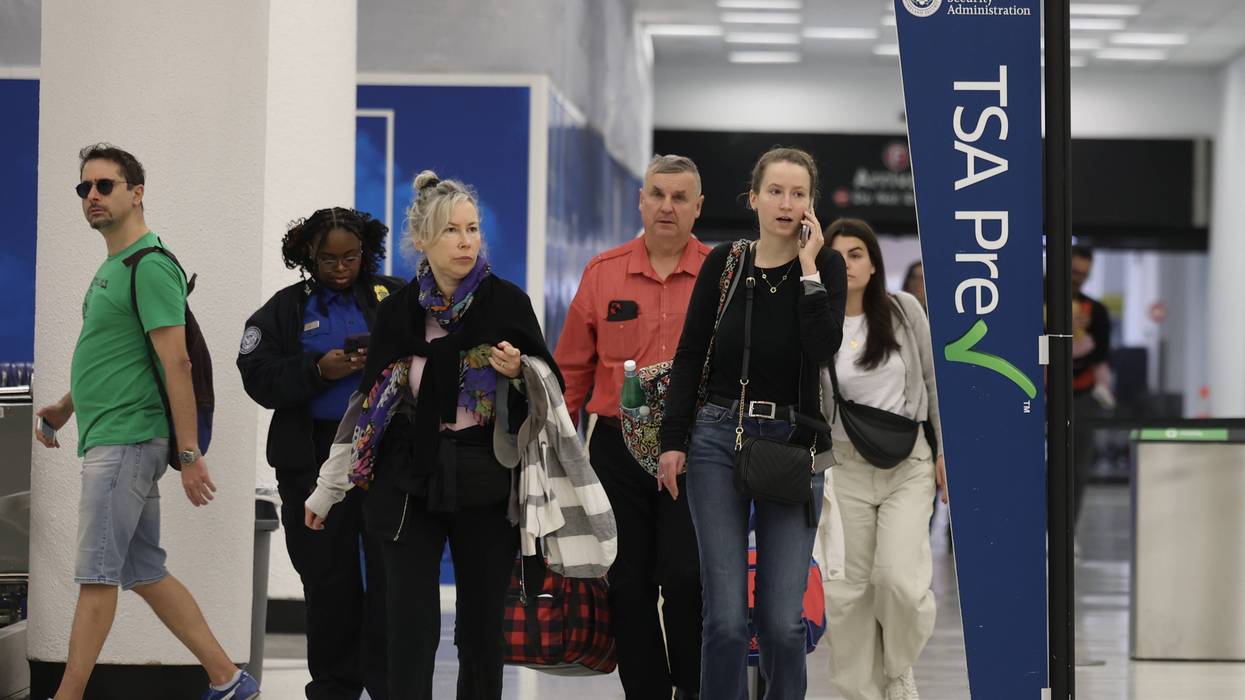In about half the states in America the growth in the fortunes of local billionaires during the pandemic exceeds--in many cases, dwarfs--the combined gaps forecast for state budgets in 2020 and 2021 caused by the medical and financial crises. This startling contrast of private gain with public pain is a graphic indicator that America's richest citizens are not paying their fair share of taxes--not contributing commensurate with their comfort--even during our national emergency.
California's 154 billionaires saw their collective net worth leap $175 billion between March 18 and June 17, three months later. (March 18 is roughly when the coronavirus shutdown began and the date that Forbes published its annual report on the wealth of billionaires.) That's almost double the Golden State's budget gap over the next two years, estimated to be somewhere between $89 billion and $95 billion. Similarly, New York's billionaire class grew $77 billion wealthier during the "pandemic spring," a bonanza almost six times the size of the projected $13.3 billion gap in the state's budget for the fiscal year that began July 1.
A chart showing all states with available data is here.
There are 23 states, among the 48 (plus the District of Columbia) for which there are relevant budget projections, in which local billionaires' wealth gain exceeds estimated budget gaps, ranging from the $85 billion advantage held by Washington State's 12 billionaires to the $740 million edge enjoyed by Missouri's five richest residents.
Altogether, the nation's 600-plus billionaires saw their fortunes balloon by a total of almost $600 billion during one of the roughest three-month patches in the nation's history, a time that saw 45 million Americans lose their jobs, over 2 million contract coronavirus and almost 120,000 die from it. Reports covering billionaire wealth growth over that period in two dozen states can be found here.
"This analysis shows how out of whack our economy has become with handfuls of billionaires in some states experiencing skyrocketing wealth growth that even exceeds the huge state revenue gaps that have opened up due to the coronavirus," said Frank Clemente, executive director of Americans for Tax Fairness. "A few very wealthy people in states are doing really well, while millions suffer. If there ever was a wake-up call to make the rich start paying their fair share of taxes this is it."
Revenue shortfalls caused by the drying up of tax receipts during the economic shutdown, plus pandemic-fueled increases in demand for healthcare and other public services, have combined to blow big holes in almost every state's budget. Unlike the federal government, which can borrow its way through a recession, states must balance their budgets each year. So those holes must be filled by spending cuts, tax increases, or some combination--all of which tend to prolong and deepen recessions.
State and local governments have already laid off 1.5 million workers, mostly from education, with more painful cuts coming to schools, roads, hospitals, public-safety agencies and more.
The growth in billionaire wealth, meanwhile, is tax free--unless and until a billionaire sells the assets that have grown in value. And even then, the profit on such "capital gains" is often taxed at about half the top rate of normal income such as comes from a salary. If the billionaire dies before selling, the profit is never taxed. Presumptive Democratic nominee Joe Biden is seeking reforms that would tax those gains of billionaires and of other wealthy Americans more fairly, raising more revenue for the kinds of public services now under threat. Biden's reforms could raise $4 trillion over the next 10 years.
The Senate GOP has balked at the House-passed HEROES Act, which would invest $3 trillion in immediate pandemic and recession relief and lay the groundwork for a more robust economic recovery. The funds would be partially allocated as follows:
- $500 billion in direct aid to state governments over the next two years for critical services.
- $375 billion in direct aid to local governments over the next two years for critical services. (Go here to see how much is going to individual communities in your state.)
- $117 billion in increased federal Medicaid funding over the next two years.
- $90 billion for public education, grades K-12 as well as public colleges and universities.
All of the above data for each state is available in one table here.
State residents would also get their fair share of the following other assistance provided by the HEROES Act:
- Extension through the end of the year of the $600 per week in enhanced unemployment benefits that currently expire at the end of July.
- Renewal and increase in direct assistance checks to individuals and families: $1,200 per each adult and child, up to $6,000 per household.
- $100 billion to protect renters and homeowners from evictions and foreclosures.
Support like this from the federal government is the only way to avoid deep cuts to state and local jobs and services that would prolong and worsen the pandemic and recession.





